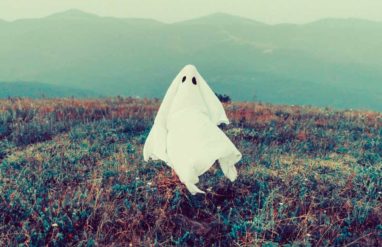If you’ve got your costume (check), candy (check), and spooky movies cued up for a marathon (check), you might think you’re all set for the most ominous of holidays. And what would Halloween be without a rewatch of Psycho, Night of the Living Dead, or It’s the Great Pumpkin, Charlie Brown—depending on your actual tolerance for thrills?
Even with all that, you may be missing a little something that can add flair to the fright-acular festivities: a set of weird and creepy words sure to make you jump a little. (Boo!)



















